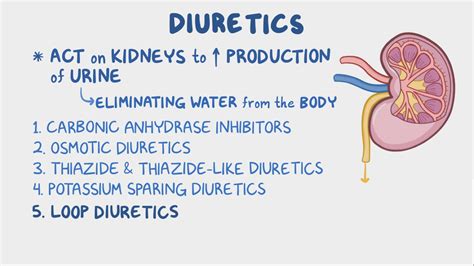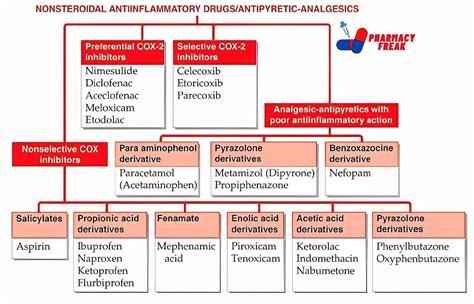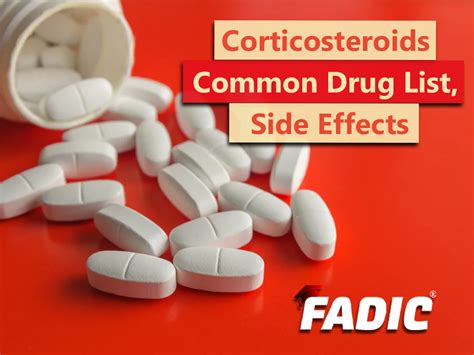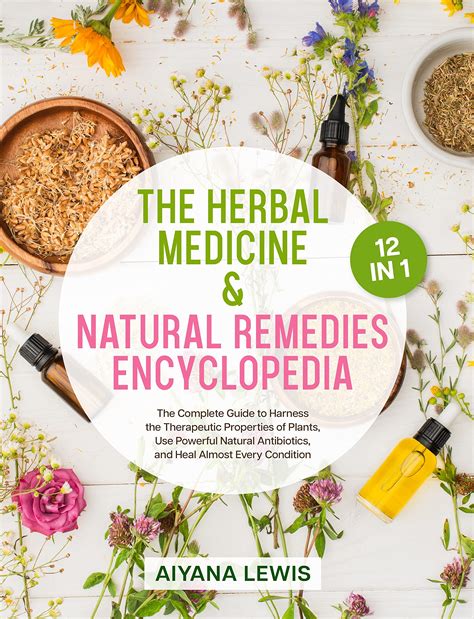Intro
Discover effective anti-swelling medication options, including diuretics, corticosteroids, and NSAIDs, to reduce inflammation and alleviate edema symptoms, promoting relief and comfort.
Swelling, also known as edema, is a common condition characterized by the accumulation of excess fluid in the body's tissues. This can be caused by a variety of factors, including injury, infection, poor circulation, and certain medical conditions. Anti-swelling medication options are available to help alleviate this condition, and it's essential to understand the different types of medications and their mechanisms of action. In this article, we will delve into the world of anti-swelling medications, exploring their benefits, working mechanisms, and potential side effects.
The importance of addressing swelling cannot be overstated, as it can lead to discomfort, pain, and limited mobility. Furthermore, if left untreated, swelling can lead to more severe complications, such as skin ulcers, infection, and even organ damage. Therefore, it's crucial to seek medical attention if you're experiencing persistent or severe swelling. A healthcare professional can help determine the underlying cause of the swelling and recommend the most effective treatment plan.
Anti-swelling medications can be broadly classified into several categories, including diuretics, nonsteroidal anti-inflammatory drugs (NSAIDs), and corticosteroids. Each of these categories has its unique mechanism of action and is used to treat specific types of swelling. For instance, diuretics are commonly used to treat swelling caused by fluid retention, while NSAIDs are often prescribed for swelling resulting from inflammation. Corticosteroids, on the other hand, are potent anti-inflammatory agents used to treat severe swelling and inflammation.
Diuretics

Types of Diuretics
There are several types of diuretics, each with its unique mechanism of action and side effect profile. These include: * Loop diuretics: These are the most potent diuretics and are often used in emergency situations to rapidly reduce swelling. * Thiazide diuretics: These are commonly used to treat mild to moderate swelling and are often prescribed for long-term use. * Potassium-sparing diuretics: These are used to treat swelling and also help conserve potassium levels in the body.Nonsteroidal Anti-Inflammatory Drugs (NSAIDs)

Benefits of NSAIDs
NSAIDs have several benefits, including: * Reduced inflammation and pain * Improved mobility and range of motion * Decreased swelling and redness * Faster recovery from injury or surgeryCorticosteroids

Side Effects of Corticosteroids
Corticosteroids can have several side effects, including: * Weight gain * Mood changes * Insomnia * Increased appetite * Thinning of the skinNatural Anti-Swelling Remedies

Benefits of Natural Remedies
Natural remedies have several benefits, including: * Reduced risk of side effects * Improved overall health and well-being * Cost-effective * Easy to use and accessibleWhen to Seek Medical Attention

What to Expect During a Medical Consultation
During a medical consultation, your healthcare professional will: * Take a thorough medical history * Perform a physical examination * Order diagnostic tests, such as blood work or imaging studies * Develop a personalized treatment planWhat are the most common causes of swelling?
+The most common causes of swelling include injury, infection, poor circulation, and certain medical conditions, such as heart failure, liver disease, and kidney disease.
How can I reduce swelling naturally?
+You can reduce swelling naturally by elevating the affected area, applying compression, taking Epsom salt baths, and using herbal remedies, such as turmeric and ginger.
What are the potential side effects of anti-swelling medications?
+The potential side effects of anti-swelling medications include stomach upset, dizziness, headaches, and increased risk of bleeding. It's essential to follow your healthcare professional's instructions and monitor your body's response to the medication.
Can I use anti-swelling medications during pregnancy or breastfeeding?
+It's essential to consult with your healthcare professional before using any medication during pregnancy or breastfeeding. Some anti-swelling medications may be safe to use, while others may pose risks to the fetus or baby.
How long does it take for anti-swelling medications to work?
+The time it takes for anti-swelling medications to work varies depending on the type and severity of the swelling, as well as the individual's response to the medication. Some medications may start working within hours, while others may take several days or weeks to produce noticeable results.
In conclusion, anti-swelling medications and natural remedies can be effective in reducing swelling and alleviating discomfort. However, it's essential to consult with a healthcare professional to determine the underlying cause of the swelling and develop a personalized treatment plan. By understanding the different types of anti-swelling medications and their mechanisms of action, you can make informed decisions about your health and well-being. We encourage you to share this article with others who may be experiencing swelling and to leave a comment below with any questions or concerns. Remember to always prioritize your health and seek medical attention if you're experiencing persistent or severe swelling.
